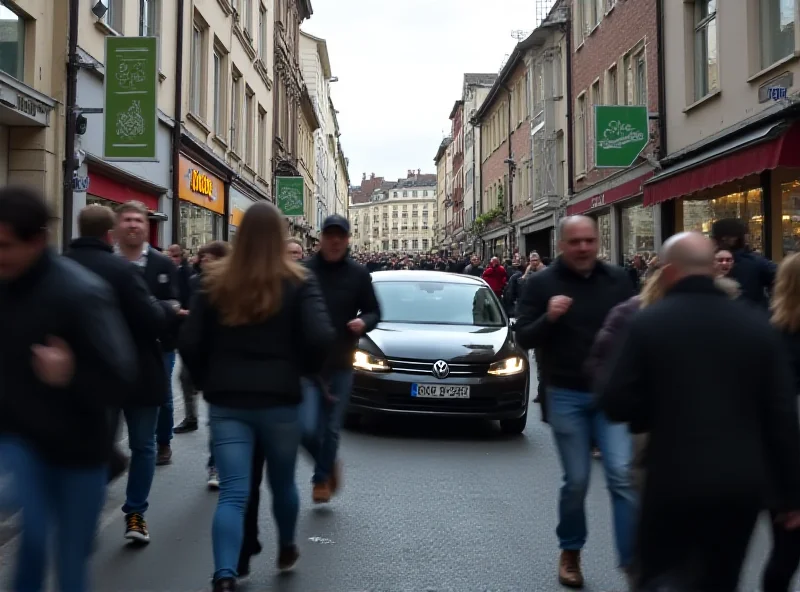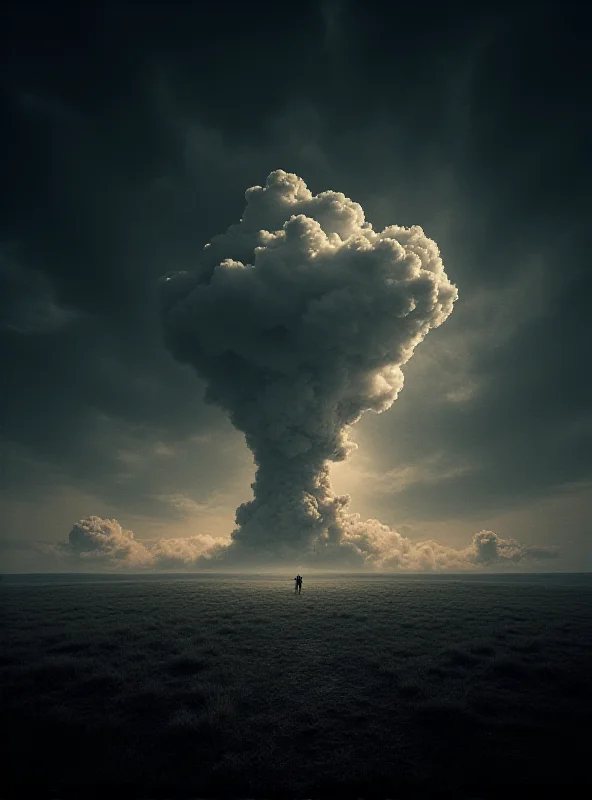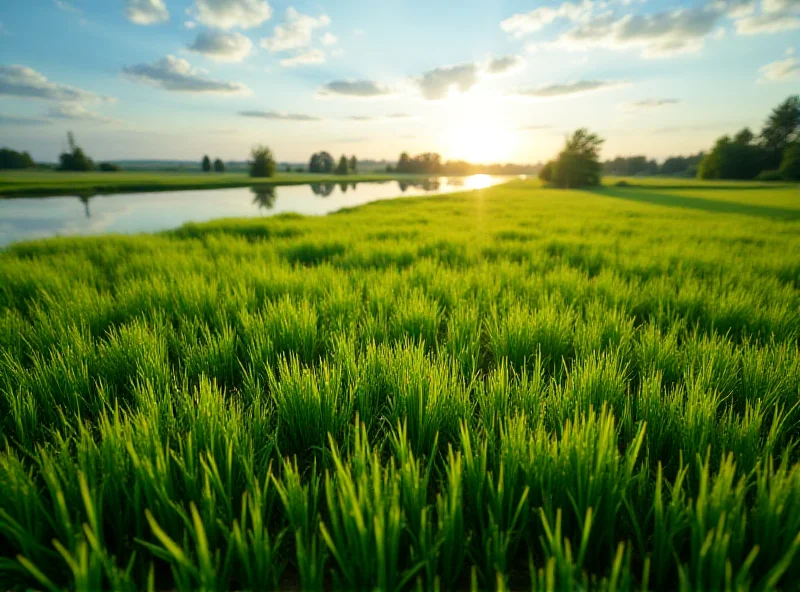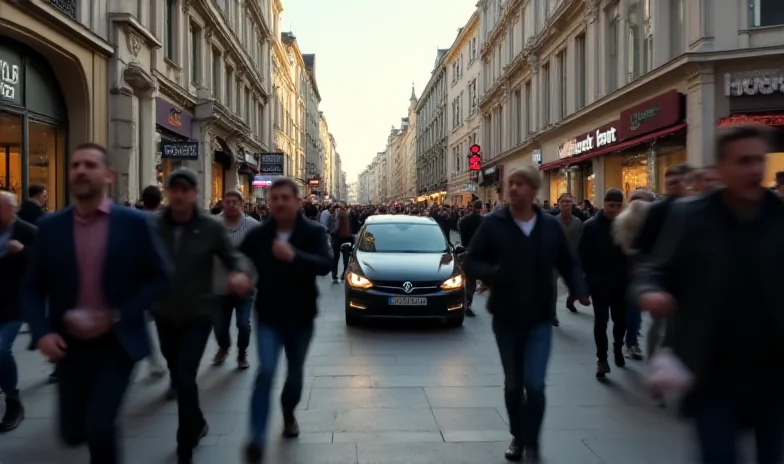Germany is currently facing a complex web of challenges, ranging from immediate security threats to long-term climate concerns and shifting political landscapes. Recent events have brought these issues into sharp focus, sparking debate and raising questions about the country's future.
Tragedy in Mannheim: A City in Shock
The city of Mannheim was recently struck by tragedy when a car plowed into a crowd of shoppers.  Footage of the incident shows terrified people fleeing in panic, highlighting the vulnerability of public spaces. The horrific event resulted in two fatalities and left dozens injured, leaving the community in shock and mourning.
Footage of the incident shows terrified people fleeing in panic, highlighting the vulnerability of public spaces. The horrific event resulted in two fatalities and left dozens injured, leaving the community in shock and mourning.
The incident has raised questions about public safety and security measures in German cities. Investigations are underway to determine the cause of the accident and prevent similar tragedies in the future. The emotional toll on the victims, their families, and the entire city is immense.
Nuclear Debate: Trusting Germany with the Bomb?
Amidst ongoing geopolitical tensions, a provocative question has emerged: can Germany be trusted with nuclear weapons? This debate, fueled by concerns about Russian expansionism, challenges the conventional wisdom surrounding European security. As one article asks, "Can Anything Ever Be Threatening Enough to Make Trusting Germany With The Bomb Worthwhile?"
The prospect of a nuclear-armed Germany raises complex ethical and strategic considerations.  While some argue that it could serve as a deterrent against aggression, others fear the potential consequences of further nuclear proliferation. The debate highlights the delicate balance between national security and global stability.
While some argue that it could serve as a deterrent against aggression, others fear the potential consequences of further nuclear proliferation. The debate highlights the delicate balance between national security and global stability.
Climate Action: Rewetting Peatlands for a Greener Future
In response to the growing climate crisis, Germany is exploring innovative solutions to reduce its carbon footprint. One promising approach involves rewetting drained peatlands, transforming them from sources of greenhouse gas emissions into carbon sinks. This initiative aims to restore the natural ecological function of these vital ecosystems.
However, the rewetting of peatlands also presents challenges for farmers who have traditionally cultivated these areas. The transition from potato farming to grassland farming requires adaptation and support.  The article "Peatlands as Climate Protectors: From Potato Farmer to Grass Farmer" explores the future prospects of these farmers and the potential for a sustainable agricultural transition.
The article "Peatlands as Climate Protectors: From Potato Farmer to Grass Farmer" explores the future prospects of these farmers and the potential for a sustainable agricultural transition.
Political Shifts: A New Direction for Foreign Policy?
Germany's political landscape is also undergoing significant shifts, with potential implications for the country's foreign policy. The rise of Friedrich Merz, leader of the CDU, has sparked debate about the future of feminist foreign policy, championed by Annalena Baerbock. The article "Friedrich Merz: Is the CDU Chief Reversing Annalena Baerbock's Feminist Foreign Policy?" examines the potential for a change in direction.
Concerns are also growing within the Foreign Office about a potential loss of influence under the current black-red coalition. The possibility of establishing a National Security Council, controlled by the Chancellor, adds another layer of complexity to the political dynamics. These developments suggest a potential shift in Germany's approach to international relations.
From security threats to climate challenges and political transitions, Germany is navigating a period of significant change. The coming months will be crucial in determining the country's path forward.
